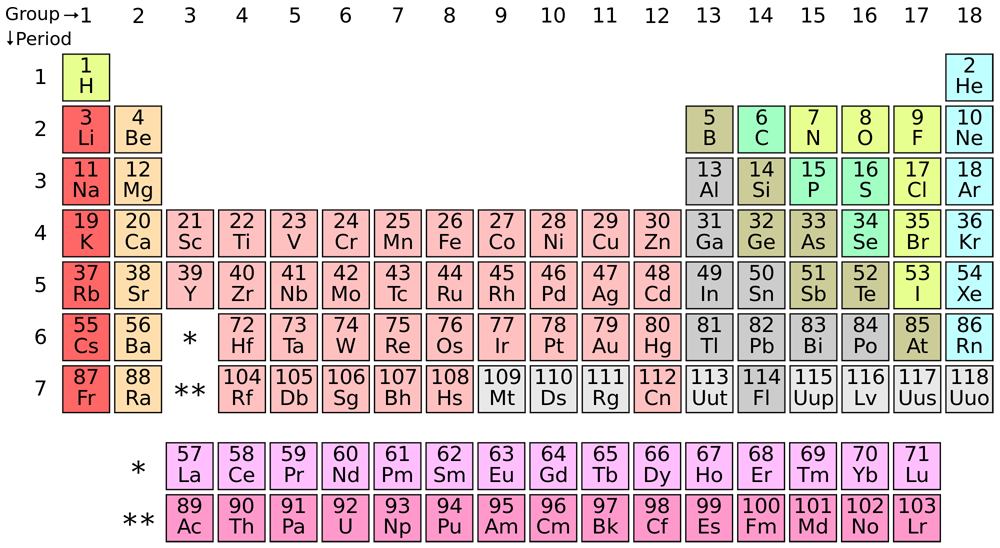Water has been considered as one of the primary elements and it has been considered true since the ancient times. Even until today, fiction dictates that water holds a spot as an element along with earth, fire and air. However, science firmly denies such claim.
Why science does refute ancient claims that water is an element? Through careful probing through understanding atoms and chemical bonding, it has been known that water consists of two elements—namely, hydrogen and oxygen. Hence, it is expressed as H20. That is two atoms of hydrogen (an element) and an atom of oxygen (another element) linked together through chemical bonding. Since it can undergo division, it is stated that water is a compound or—also—a kind of molecule.

Further, one has to remember that the Table of Elements only contains individual chemical elements. And an element is defined as a form of matter that is already in its simplest form, thus it cannot be broken down into even much simpler particles by any chemical means. As mentioned, water can be divided or broken down into several components so it’s not in its simplest form. It couldn’t be an element, could it?
Let’s take into account the properties of a lump of gold. When it undergoes breakdown, even the smallest particle called the gold atom will bear the similar chemical characteristic as other separated particles. Every individual gold atom still bears the exact, specific number of protons. Compared to water, it has not been observed to have other different components. Gold, therefore, is an element.

